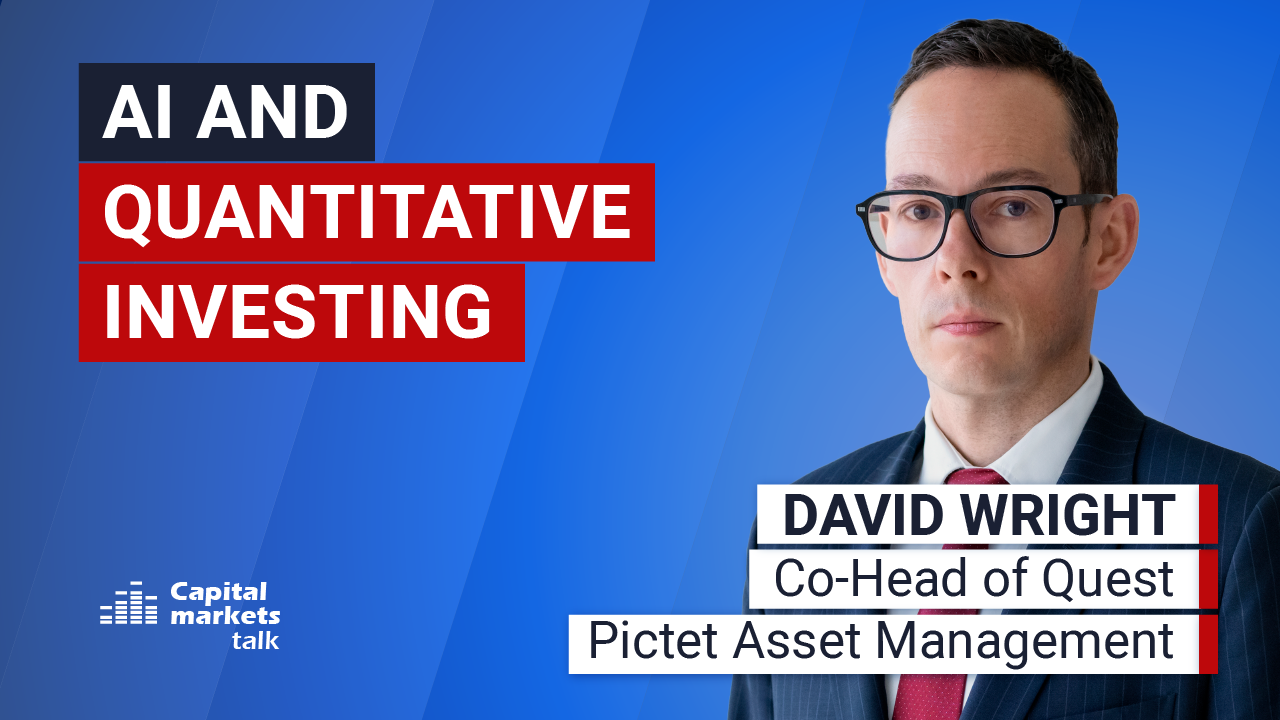Emerging markets are inherently diverse and volatile, with geopolitics and policy shifts often driving return dispersion. While this can make investors cautious, it also creates opportunities, for example, when taking a high conviction, total return approach in the unconstrained emerging markets debt (“EMD”) space, opines RBC BlueBay.
By moving beyond index constraints, investors can access a broader opportunity set and better manage risk, the asset manager lines out in a newly published whitepaper.
“Given the many twists and turns of the EMD asset class, its technical nature, vast opportunity set and inefficiency, which can all lead to asymmetry of returns, we have found that an unconstrained strategy is best placed to meet the needs of clients looking to harness the optimal returns in a risk-adjusted manner,” says Polina Kurdyavko, Head of BlueBay Emerging Markets.
Access the full whitepaper here.
Read more

Columbia Threadneedle Investments
What’s next for the US in 2025?
US equities remain attractive despite high valuations, but rising government debt could pose a threat to bond markets.

Quant Investing
AI and quantitative investing
Artificial intelligence applications go way beyond stock selection.

Schroders
Looking ahead: 30-year return forecasts
Higher returns are expected across asset classes, driven by stronger productivity growth for equities and elevated long-term central bank rate projections for bonds.

Bellevue Asset Management
Demographics and AI drive MedTech stocks
MedTech investment case: What makes it attractive, which trends stand out?





















